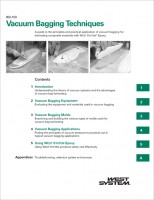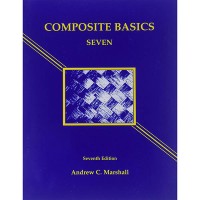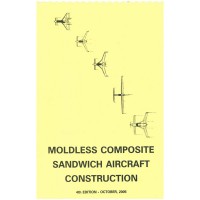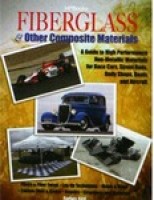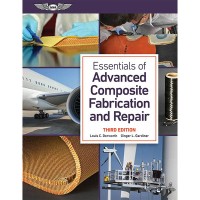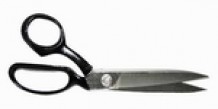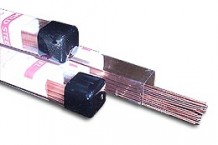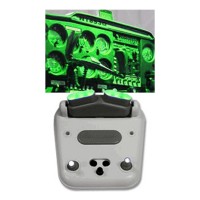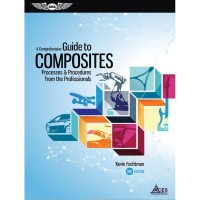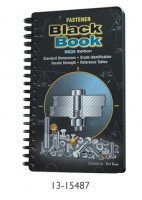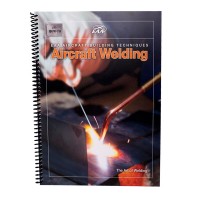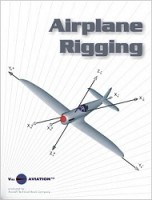Composite And Fiberglass Molding Techniques
- JUMP TO
- Overview
- Reviews
- Q&A
- View in Catalog
Overview
|
The purpose of writing Composite & Fiberglass Molding Techniques was to take a manufacturing process and reduce it to its simplest form. Composite molding in itself is not a complicated process - however, a beginner needs to know the terminology and certain fundamentals of the process. Armed with good information and the ability to follow basic procedures, a beginner can construct extremely accurate tooling that will produce high quality composite parts - as good or better than commercially-manufactured composite parts. The composite molding process becomes very useful when multiple parts are required or if different composite design lay-ups are being researched in order to determine the best use of composite materials for a given application. Composite & Fiberglass Molding Techniques does an outstanding job of explaining the composite molding process and provides the minimum guidelines for a beginner to achieve success.
The colorfully illustrated and bound 26-page booklet contains a list of required materials for creating composite tooling and parts as well as a glossary of associated terms used in the composite molding process. The booklet explains the basics of positive plug construction, including materials usage, the determination of mold break lines and the set up of the positive plug for mold casting. Materials usage for positive plug construction, as well as mold (tooling) construction and final part lay-up materials and some basic finishing techniques provides the basics for completing a set of tooling for composite parts. |
WARNING: Cancer and Reproductive Harm - www.P65Warnings.ca.gov. |
Reviews
It is too expensive for what it is! It is a 27 pages 8 1/2 x11, partially color photocopie booklet! It was made in 2002! Do not purchase that Trash!
Q&A
Please note, Aircraft Spruce ®'s personnel are not certified aircraft mechanics and can only provide general support and ideas, which should not be relied upon or implemented in lieu of consulting an A&P or other qualified technician. Aircraft Spruce ® assumes no responsibility or liability for any issue or problem which may arise from any repair, modification or other work done from this knowledge base. Any product eligibility information provided here is based on general application guides and we recommend always referring to your specific aircraft parts manual, the parts manufacturer or consulting with a qualified mechanic.


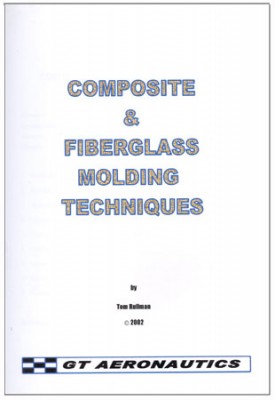





 FREE Shipping
FREE Shipping
